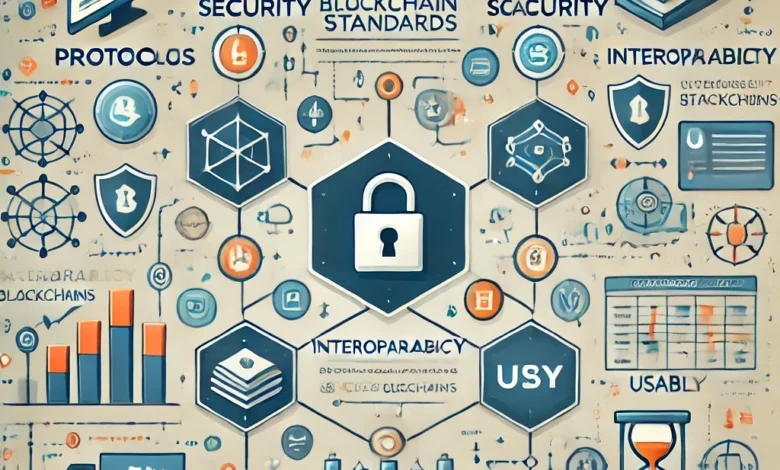What is the definition of blockchain standards?
Blockchain standards refer to a set of protocols and rules designed for the development and management of blockchain networks. These standards play a key role in ensuring compatibility, security, and scalability within the blockchain ecosystem. As blockchain continues to grow as an emerging technology, having specific standards helps developers and users maximize the benefits of its capabilities.

What is a blockchain standard?
A blockchain standard refers to a set of protocols and rules designed for the development and management of blockchain networks. These standards play a key role in ensuring compatibility, security, and scalability within the blockchain ecosystem. As blockchain continues to grow as an emerging technology, having specific standards helps developers and users maximize the benefits of its capabilities.
- Objectives of Blockchain Standards
The primary goal of blockchain standards is to create a clear framework for the development, implementation, and use of blockchain technology. These standards enable developers to design decentralized applications (dApps) and smart contracts with greater confidence.
- Key Features of Blockchain Standards
- Interoperability: One of the major challenges in the blockchain world is the ability to interact between different networks. Standards can facilitate this interaction, allowing users to exchange information between various blockchains.
- Security: Security in blockchain is a critical issue. There are specific security standards that developers must adhere to ensure that data is protected and immutable. This includes the use of cryptographic algorithms and valid validation mechanisms.
- Scalability: Blockchains must be able to process a large number of transactions. Standards should be designed to ensure scalability as the number of users and transaction volumes increase.
- Usability: Designing appropriate user interfaces and tools for developers and end-users is an important aspect of blockchain standards. This aids in facilitating the use of this technology.
- Examples of Blockchain Standards
- ERC-20 and ERC-721: These standards are for Ethereum-based tokens. ERC-20 is used for fungible tokens, while ERC-721 is used for non-fungible tokens.
- ISO/IEC 30170: This international standard addresses the methods for developing and managing blockchain, helping to ensure quality and security in blockchain projects.
- Conclusion
Blockchain standards are of great importance and facilitate the development and adoption of this technology. By adhering to these standards, developers can ensure that their projects are compatible, secure, and scalable. Consequently, these standards can contribute to the growth and advancement of blockchain technology and increase user trust in it.





